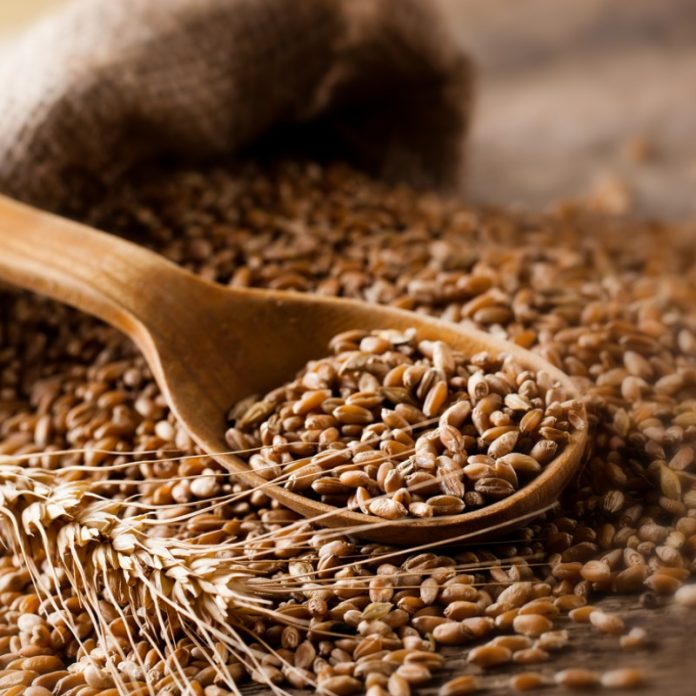New Delhi: In an attempt to ensure food security and stable prices of wheat, the Centre has enforced stricter stock limits for traders, wholesalers, large retailers and processors. The revised limits – announced for the first time in June this year – will be applicable from now onwards till March 31, 2025, for all states and Union Territories, the Ministry of Consumer Affairs said, reports Mint.
The new regulations represent a part of the larger effort to deter hoarding and speculative activities that have been affecting wheat market dynamics.
For traders and wholesalers, it has been brought down from 3,000 tonnes to 2,000 tonnes. The idea behind this move is to restrict big hoarding by limiting the quantum of wheat that the big operators can hold in their stockpiles. The country produced 112.9 mln t of wheat in the 2024 winter season, which would ensure adequate supplies in the domestic markets, the ministry said.
It has further been proposed that the retailers shall have no change in their stock limits, kept at 10 tonnes per retail outlet. This will ensure that small retailers face no major hindrance in their operation while ensuring stability in the entire market.
Large retail chains will also fall under a new set of stock limits. The existing rule permitted large retail chains to keep 10 tonnes per outlet and a maximum of 3,000 tonnes in all their depots. According to the revised guidelines, the depot limit would henceforth be calculated as ten times the total outlets a retailer owns. Suppose a retailer has 50 outlets; under the revised rules, its depot stock limit increases to 500 tonnes against an earlier fixation of 3,000 tonnes. This revision is done to make the stock limits more proportionate to the retailer’s scale of operations.
With this, the processors will also be allowed to stock wheat 60% in place of 70% of MIC multiplied by the remaining months of the current fiscal year 2024-25. These changes are part of the 2024 amendment to the government’s order on stock limits and licensing requirements for foodstuffs.
The government hopes these measures will normalize the wheat price and prevent any market disruptions during the upcoming months. “All wheat stocking entities are required to update their stock information every Friday,” said the ministry. Failure to adhere to the new limits will attract penalties under the Essential Commodities Act, of 1955. The holders having stocks more than the prescribed limits shall sell their stocks and bring the same to the prescribed limits within 15 days from the date of notification.
This decision comes at a time when rising food prices have contributed to a slight increase in inflation. In August, retail inflation rose to 3.65% from 3.6% the previous month, largely due to high food prices. It remains within the target range of the Reserve Bank of India: 2-6%. It was, in fact, the second-lowest rate in the past year.












